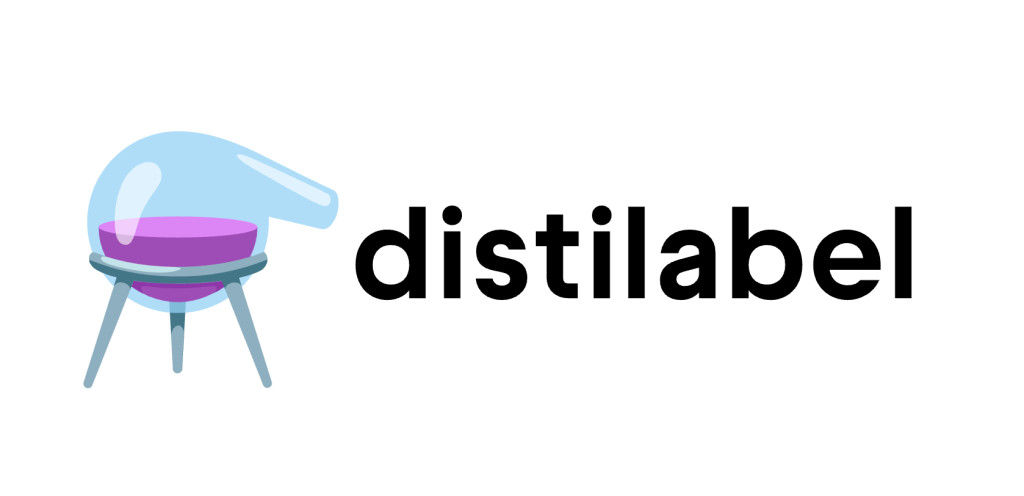In the rapidly evolving landscape of artificial intelligence, the quality and quantity of data play a pivotal role in determining the success of machine learning models. While real-world data provides a rich foundation for training, it often faces limitations such as scarcity, bias, and privacy concerns. These challenges can hinder the development of accurate and reliable AI systems. Existing methods for synthetic data generation relied on various techniques such as data augmentation, rule-based methods, statistical models, and machine learning-based approaches. While these methods have contributed to the field, they often faced quality, diversity, and scalability limitations. Data augmentation was restricted to variations within existing datasets, rule-based methods struggled to capture complex real-world patterns, and statistical models like GMMs and HMMs lacked flexibility.
To address these limitations, researchers introduced Distilabel, an open-source framework designed to generate synthetic data to complement or replace real-world datasets. This approach helps reduce real-world data dependency while tackling data bias, scarcity, and privacy risks. Distilabel leverages a generative adversarial network (GAN) architecture, a powerful tool for synthetic data generation. GANs are a proven technique for creating realistic, high-quality synthetic data. Distilabel is a scalable, efficient, and flexible solution suitable for various AI applications, including image classification, natural language processing, and medical imaging.
The core of Distilabel’s framework revolves around the GAN architecture, which includes two primary neural networks: a generator and a discriminator. The generator network creates synthetic data by learning patterns from the real-world training data, while the discriminator evaluates the authenticity of this generated data by distinguishing it from real data. The adversarial training process ensures that the generator improves over time, ultimately producing data nearly indistinguishable from real-world data.
The framework incorporates a detailed preprocessing pipeline, which cleans and normalizes real-world data before training the GAN. The generator network learns from this data and begins producing synthetic samples, which the discriminator then scrutinizes. The competitive dynamic between the two networks allows for continuous refinement of the synthetic data. As a result, the framework can generate high-quality, diverse datasets that can be applied to various domains, such as medical imaging or text generation, where data quality is critical.Â
Distilabel’s performance depends on several factors, including the quality of the initial training data, the GAN architecture, and the evaluation metrics. While the framework has shown promising results across different domains, the framework still needs domain-specific evaluation to ensure the generated data meets the necessary standards.
Overall, the study presents Distilabel as a robust solution to the challenges of dataset creation. Using GANs to generate high-quality synthetic data, Distilabel addresses key issues such as data scarcity, bias, and privacy concerns. This framework can enhance the development of AI models by offering diverse, representative datasets, ultimately improving model performance and reliability across different domains.
Check out the GitHub and Details. All credit for this research goes to the researchers of this project. Also, don’t forget to follow us on Twitter and join our Telegram Channel and LinkedIn Group. If you like our work, you will love our newsletter.. Don’t Forget to join our 50k+ ML SubReddit
[Upcoming Event- Oct 17 202] RetrieveX – The GenAI Data Retrieval Conference (Promoted)
The post Distilabel: An Open-Source AI Framework for Synthetic Data and AI Feedback for Engineers with Reliable and Scalable Pipelines based on Verified Research Papers appeared first on MarkTechPost.
Source: Read MoreÂ

![Why developers needn’t fear CSS – with the King of CSS himself Kevin Powell [Podcast #154]](https://devstacktips.com/wp-content/uploads/2024/12/15498ad9-15f9-4dc3-98cc-8d7f07cec348-fXprvk-450x253.png)